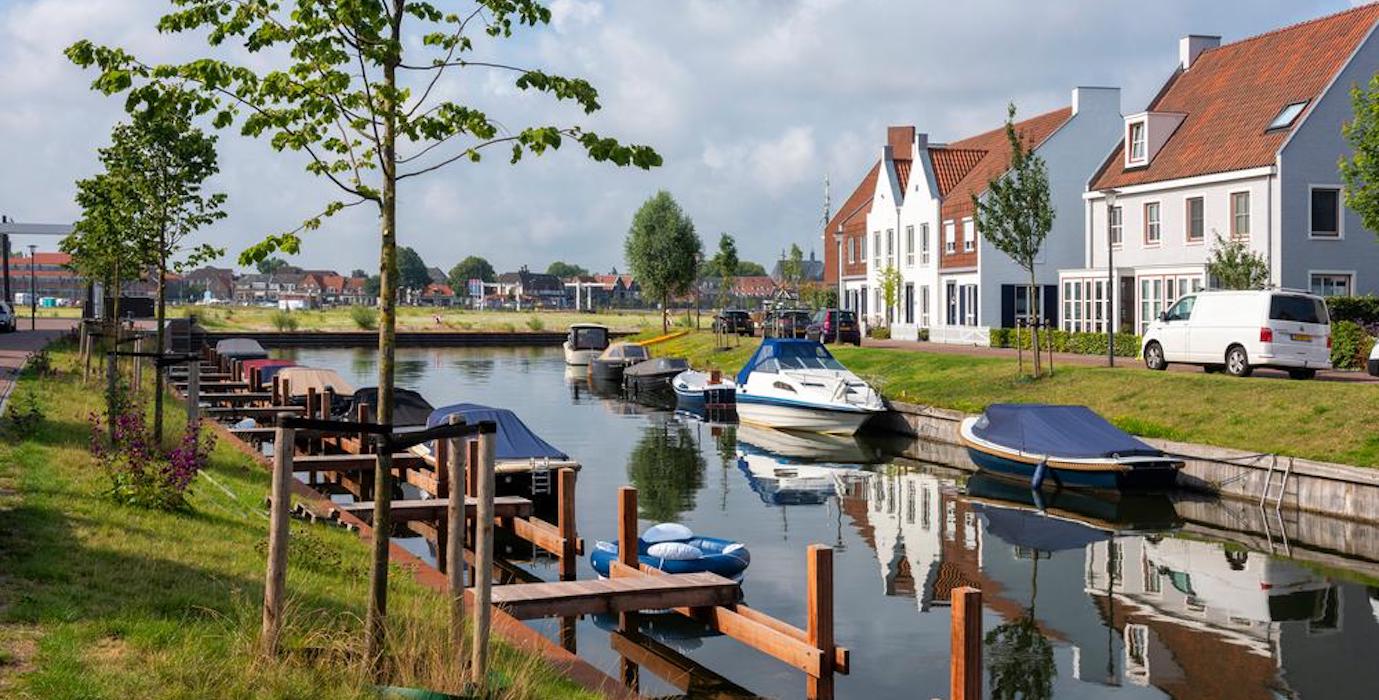There are two renting options available in the Netherlands: social housing (sociale huurwoning) and the private sector (vrije sector). Social housing is means tested, and there are generally long waiting lists, so most international arrivals rent in the private sector.
When looking for a place to rent, it’s a good idea to register with a housing association. The downside is that waiting lists at these associations are often very long, especially when looking to rent in the big cities like Rotterdam or Amsterdam. Read more about Housing associations.
Start your search with housing websites:
Funda: Ideal for both renting and buying property.
Pararius: Focused on private-sector rentals.
Rentslam: Another excellent choice for private-sector options.
Woningnet: Specifically for social housing.
Huurwoningen: A website for rental properties.
Huure: A website for rental properties in six different cities.
Additionally, consider using RentBird and Uprent. RentBird allows you to quickly search and compare rental listings across multiple platforms, ensuring you find the best deal. Uprent offers an intuitive interface to streamline the renting process, helping you submit applications faster and more efficiently.
Furnishing Your Home
To furnish your new place affordably, check out kringloops (thrift shops) across the country. These second-hand stores offer a variety of furniture and household items at great prices, making it easy to create a cozy home without breaking the bank.






